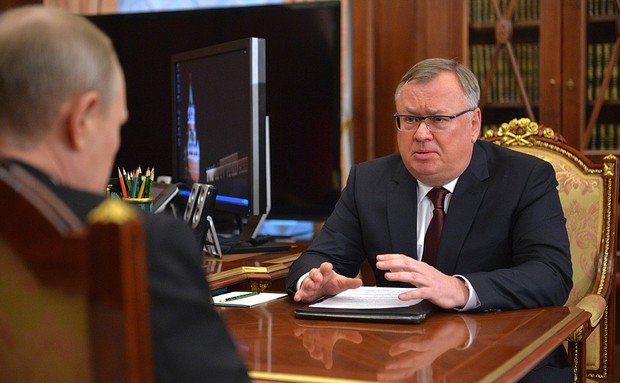''A very significant blow will be dealt to the Russian energy market''
De-dollarisation may weaken sanctions' impact but is likely to lead to lower economic growth, say economy experts
While the Russian government is working on a bill aimed to ''de-dollarise'' the national economy, Euronews asked experts of the Higher School of Economics (HSE) to forecast possible consequences of the initiative. Although the basis of the plan, which was proposed by VTB Bank's President Andrey Kostin, has a lot of rationality, it can weaken Russia's economy, believe the experts.
The ''de-dollarising'' bill can be approved by Russia's Prime Minister Dmitry Medvedev in just two weeks, says Euronews. Government representatives claim that they intend not to restrict payments in dollars but to encourage foreign trade in rubles or other currencies. Aleksandr Abramov, the HSE's economic sciences professor, and Vasily Solodkov, the director of the school's Banking Institute, gave their point of view on the plan, which was initially proposed by President of VTB Bank Andrey Kostin.
''Generally speaking, it is a corporate plan,'' said Abramov adding that it corresponded with government policy in some ways. He assumed that Kostin wanted to ''untie his hands'' and ensure that foreign currency deposits could be made in another currency in case that further US sanctions made it harder for banks to access dollars.
The expert believes that at least part of Kostin's plan could be implemented, as any strong country should consider promoting its currency for various international settlements. Nonetheless, this is a job that takes years and decades. For example, when the yuan promoted itself as an international currency, it was meticulous work largely hidden from public view, Abramov recalled.

Asked if the plan could weaken the dollar, the expert said it could happen if Russia succeeded in convincing countries of the European Union to make oil payments in euros rather than dollars. However, this scenario is unlikely, as the EU doesn't want to force a confrontation between Europe and the United States.
''The dollar could be destabilised if at the same time China, Japan and the EU together decide not to use it for transactions or their reserves. But the probability of this leans towards zero,'' agreed Vasily Solodkov. He assumed that switching to another settlement currency would do nothing but increase the risk and increase the cost of settlements. ''Renouncing the dollar will lead to lower economic growth, which will lead to a further drop in the standard of living in Russia where real wages have also been falling,'' he said.